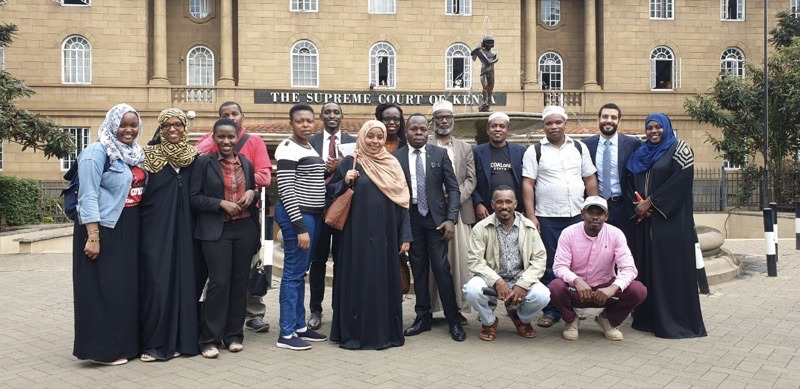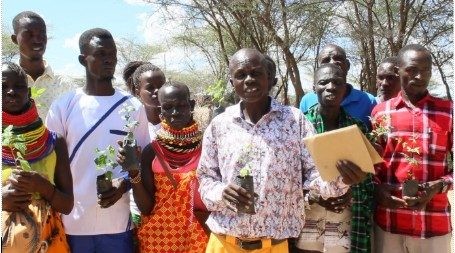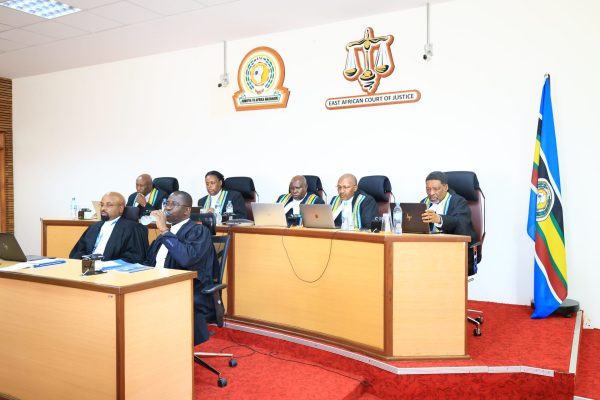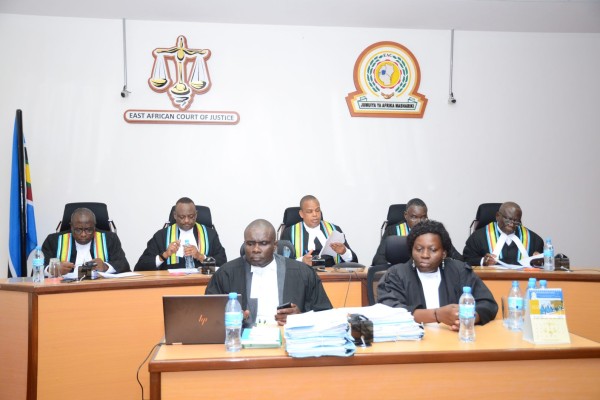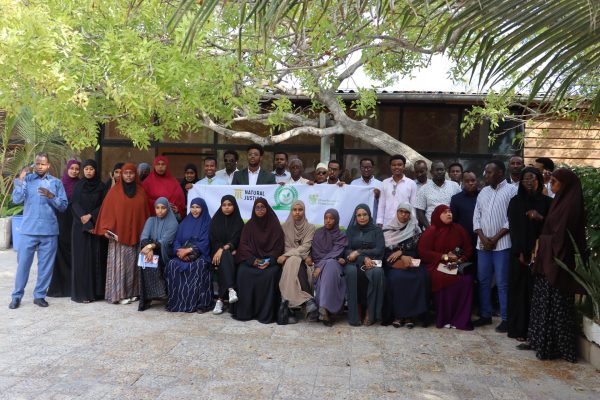“Breaking: Kenya court blocks East Africa’s first coal plant”
It is slightly past midnight; our phones are still buzzing with congratulatory messages. The National Environment Tribunal (NET) in Kenya set aside a license issued by the National Environment Management Authority (NEMA) to Amu Power for the Lamu Coal Fired Power Plant and ordered a fresh Environmental Impact Assessment (EIA) study. A classic “David vs. Goliath” case has resulted in a positive outcome. The challenges we faced while conducting the case could not have prepared us for this particular outcome. That is why, in a game of chess, you can never bet against the queen. She always wins.
It is surreal, the journey we have walked. It all started in 2016 with three lawyers in a tiny square room. NEMA had published a notice in the Gazette inviting the public to review and submit comments on the EIA within 30 days. A visit to NEMA to obtain the document revealed that we would need a car, maybe a land cruiser, to carry the enormous copies of documents, stacked in two big boxes.
Our next visit to NEMA was a Friday morning, the 8 September 2016, to conduct a routine “access to information” follow-up on some other projects Natural Justice had been handling. Although it seemed too soon to ask, as the commenting period for the Lamu Coal Plant had just closed seven days before, a random request regarding whether there was, indeed, a Lamu Coal Plant license revealed that the license had just been issued. The decision had been made and the license document had just been placed on file. It was bizarre, to say the least. How could a decision have been made so fast under the circumstances? Everyone was appalled. This decision started what was going to be a long, mentally-, emotionally- and financially-intensive process and fight to have the license cancelled by the Tribunal.
The Appellants, Save Lamu, through the Katiba Institute, filed the Appeal with the NET in 2016 challenging the issuance of an Environmental Impact Assessment License to Amu Power for setting up a 1050MW Coal Power Plant in the Kwasasi area in Lamu County. The Tribunal initially set the hearing dates for May, which were to include a site visit to Kwasasi. Because of the complexity of the case, and being the first time that a Kenyan Tribunal was to deal with a legal challenge to set up a coal power plant (no Kenyan court has ever dealt with a similar challenge), the Appellants proposed to call sixteen (16) witnesses to testify during the hearing: 9 local witnesses and 7 international expert witnesses.
The hearing started with a site visit to Lamu in May 2017. The activity started at mid-morning, in the scorching heat, as some Tribunal members had missed their flights. In the subsequent hearings, Save Lamu and its lawyers had to deal with many frustrations, including last-minute cancellations of hearing dates due to lack of quorum, financial challenges and other unavoidable circumstances. Every delay to have the case had a resultant punitive effect – the various parties had already incurred transport and accommodation expenses in bringing in witnesses, including expert witnesses both in Kenya and from outside the country, who were not able to present their evidence. It was only when Natural Justice wrote a letter in protest to the Chief Justice that the Tribunal put their house in order.
Eventually, the hearing for the Appellants and Respondents case was held in September and October 2018, all submissions filled with the NET in December 2018 and the historic ruling delivered in a cold afternoon on 26th June 2019.
The focus of the NETs favourable determination was based on a lack of public participation. It referred to public participation as the oxygen by which the EIA study and report are given life. It confirmed there should be a strict adherence to the EIA Regulations, thus refusing to accept a check-box approach to public participation. It emphasized the importance of the climate change assessment in EIAs and found that its omission in the coal plant EIA study made the report inadequate and incomplete. It focused on the omissions of the EIA and the mitigation measures. It further focused on the role of NEMA in ensuring that effective public participation was undertaken, which includes ensuring that sufficient information is provided to the people who are likely to be directly affected. Lastly, the court emphasized the importance of a Strategic Environmental Assessment (SEA); particularly when considering other alternative locations for the project site at a policy level.
Just as the Great Wall of China follows a random path, this win was not fought with a linear strategy. It has been a collective effort of many players, sustained commitment to the fight and a remarkable resilience of the people of Lamu, whose entire generational life and well-being was about to be sacrificed. A special thanks to deCOALonize for the sustained campaign against coal as a source of energy is Kenya, Katiba Institute and the entire Natural Justice Kenya team for running the case, all the witnesses for their proactive cooperation with the lawyers, by either providing witness statements or providing evidence in court, and the friends of Natural Justice at large for their support and encouragement throughout the process.
The judgment is a great victory on many levels, one “for the ages”, for that matter. It re-affirms the place of public participation in environmental decision-making. It affirms that climate change is a relevant factor in the environmental authorization processes. It upholds the values of sustainable development. It is a demonstration that state development plans cannot be executed without considering the life and integrity of the people. It is a win for clean air, a safe climate and due process so that coal plants are not built without proper public participation and the required protections for health and environment.
History tells us that, at the end of the day, there actually is a “right side of history.” History measures our deeds and our outward character. On 26 June 2019, justice was served on a platter. History will always remember that we were there and that we stood with the people of Lamu.

